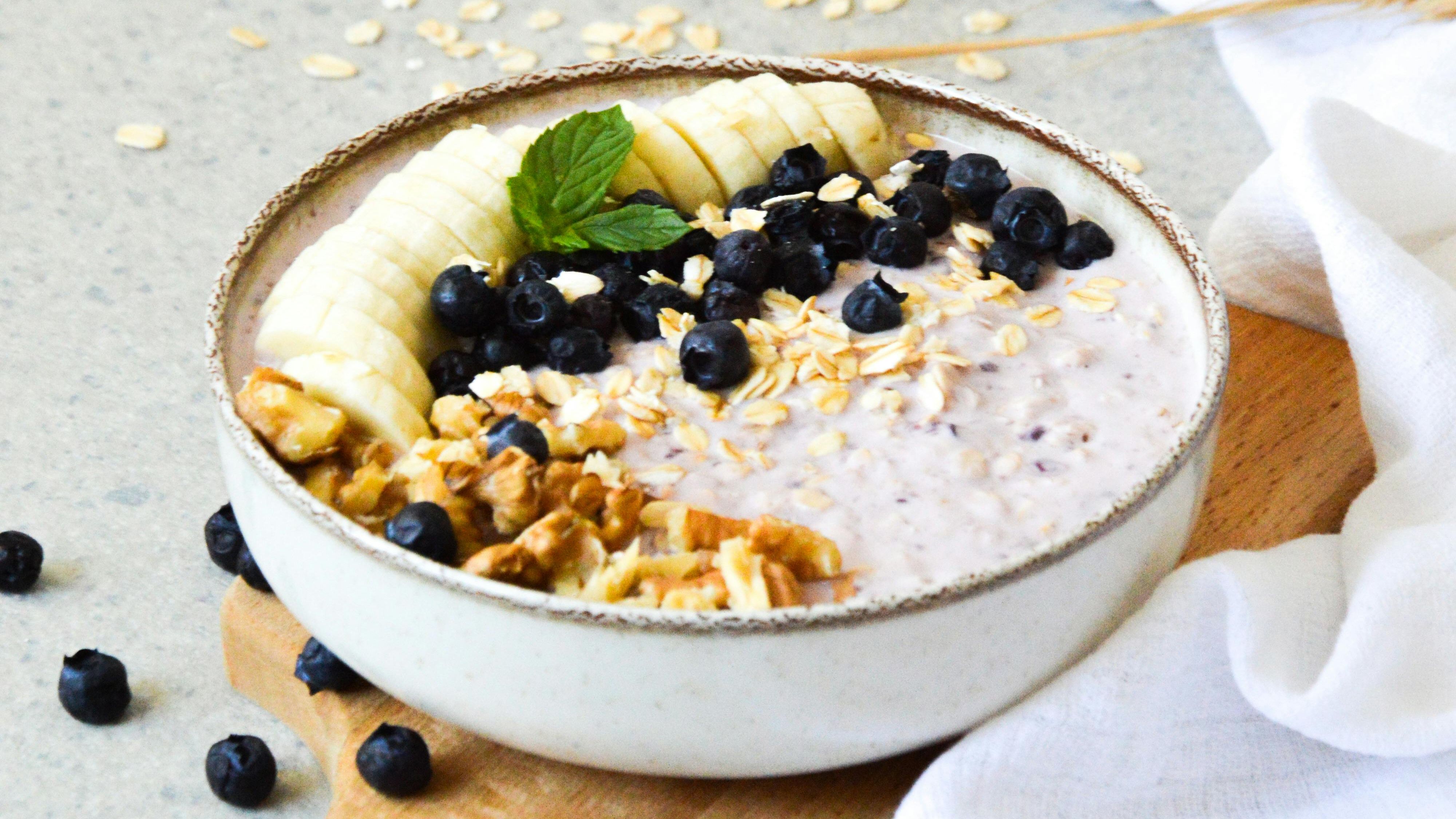Dehydration and Cognitive Functioning
Aug 04, 2023
We all know how important water is for athletes and physical performance but what about cognitive performance? There is a strong relationship between dehydration and cognitive performance and this article will help you understand the link and possibly nudge you a bit to put daily hydration higher on your priority list.
The brain is composed of approximately 75% water, emphasizing the vital role of hydration in its optimal functioning. Adequate water intake is necessary to ensure the brain's proper hydration levels which supports essential cognitive processes. When the body experiences dehydration, even to a mild degree, the brain's performance can be significantly affected.
Dehydration can have significant negative effects on brain health and function including the following:
Attention and Concentration
Dehydration can impair attention and concentration, leading to decreased focus and reduced cognitive performance. Studies have shown that even mild dehydration can result in difficulties in maintaining attention and slower reaction times.
Memory and Learning
Dehydration has been found to impact memory and learning processes. Research suggests that inadequate hydration can impair short-term memory, working memory, and episodic memory. It can also hinder learning new information and the ability to recall previously learned material.
Executive Functions
Executive functions, including decision-making, problem-solving, and cognitive flexibility, can be adversely affected by dehydration. When dehydrated, you may experience difficulties in making sound judgments, exhibit reduced problem-solving abilities and struggle with mental flexibility.
Mood and Emotional Regulation
Dehydration can influence mood and emotional regulation, leading to increased irritability, fatigue and decreased overall well-being. Studies have indicated that even mild dehydration can negatively impact mood states and contribute to feelings of tension, anxiety and fatigue.
Brain Performance during Physical Activity
Dehydration not only affects cognitive function at rest but also during physical activity. Inadequate hydration during exercise can lead to decreased cognitive performance, impairing coordination, reaction time and decision-making abilities.
But how does dehydration actually exert these impacts on the brain? There are a few mechanisms:
#1: Reduced cerebral blood flow - dehydration can decrease blood volume, leading to reduced cerebral blood flow. This reduction in blood flow reduces oxygen and nutrient delivery to the brain, impairing its overall function.
#2: Increased neurotransmitter imbalance - dehydration can disrupt the balance of neurotransmitters in the brain, affecting communication between neurons and hindering cognitive processes.
#3: Altered brain structure and connectivity - chronic dehydration may contribute to structural changes in the brain, affecting neuronal connectivity and potentially leading to long-term cognitive decline.
As you can see, dehydration, even at mild levels, can significantly impair attention, memory, executive functions, mood regulation and brain performance during physical activity. I would urge you to not only think of hydrating yourself before, during and immediately after exercise but also adequately throughout the day to positively impact brain functioning. Remember, eating high water content foods such as fruits and vegetables along with drinking fluids, including water, can all contribute to your daily hydration levels. A good rule of thumb to know if you are hydrating well is to check the frequency of your urination throughout the day. Aim for urinating every 2-3 hours.
Reach out to the eNRG Performance team of Sport Dietitians if you need assistance with your personal hydration plan and have a great summer!
SUBSCRIBE AND WE WILL DROP SOME HEALTHY INSPIRATION IN YOUR INBOX
We hate SPAM. We will never sell your information, for any reason.







